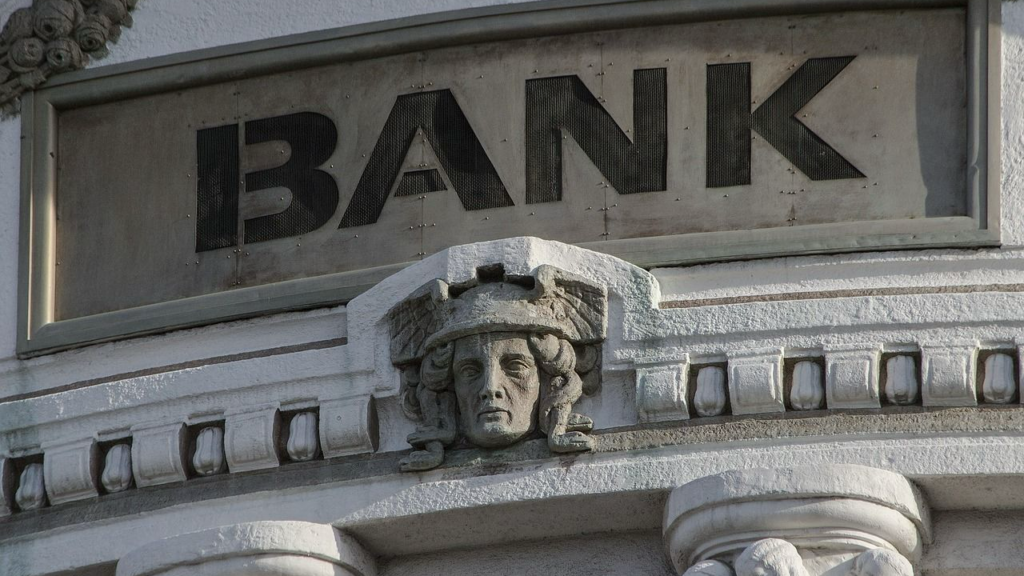The Rise of Interest in Bank Charters
Financial technology and cryptocurrency firms are increasingly seeking state or national bank charters, motivated by a more favorable regulatory environment under the Trump administration. Industry executives have reported a significant surge in discussions and applications for bank charters, indicating a shift in the landscape of financial services.
Alexandra Steinberg Barrage, a partner at the law firm Troutman Pepper Locke, stated, “We have seen a lot more interest. We are working on several applications now.” However, she emphasized that firms are approaching this opportunity with caution, given the ongoing changes in regulatory agency leadership.
The Benefits and Challenges of Becoming a Bank
Acquiring a bank charter entails stricter regulatory oversight, but it can also lead to reduced borrowing costs and improved legitimacy for the firms involved. A bank charter enables companies to lower their cost of capital by accepting deposits, a feature that can be beneficial for their financial health. Yet, this aspect of banking remains a contentious issue within the cryptocurrency community.
Historically, many cryptocurrency firms have hesitated to pursue bank charters due to the regulatory scrutiny that accompanies such a move. Instead, they have focused on adhering to the industry’s ethos of decentralization and improving access to financial services for unbanked and underbanked populations.
Recent Examples of Crypto Firms Transitioning to Banking
Several cryptocurrency firms have successfully obtained bank charters, signaling a trend toward regulatory compliance. Companies such as Paxos, Anchorage, and Protego have become federally regulated crypto banks after securing a federal trust charter through the U.S. Office of the Comptroller of the Currency (OCC). Additionally, Kraken and Avanti have achieved Special Purpose Depository Institution charters in Wyoming, allowing them to operate as state-regulated crypto banks.
A Shift in the Banking Charter Landscape
Historically, the approval of new bank charters has been rare. Between 2010 and 2023, regulators approved an average of only five new bank charters annually, a stark contrast to the 144 charters approved per year from 2000 to 2007, according to data from S&P Global. Various factors, including low interest rates, profitability concerns, and regulatory challenges, have contributed to this decline in applications.
However, recent signals from the Federal Deposit Insurance Corporation (FDIC) and Federal Reserve officials indicate a willingness to streamline the chartering process. Despite these encouraging signs, establishing a new bank remains a costly endeavor, with expenses ranging from $20 million to $50 million, making it a significant investment for any firm considering this path.
Conclusion
As fintech and cryptocurrency firms navigate the evolving regulatory landscape, the pursuit of bank charters presents both opportunities and challenges. While the potential for reduced costs and enhanced legitimacy is appealing, firms must also contend with the complexities of increased oversight. The future will reveal how many companies choose to embrace this path and the impact it will have on the broader financial ecosystem.



